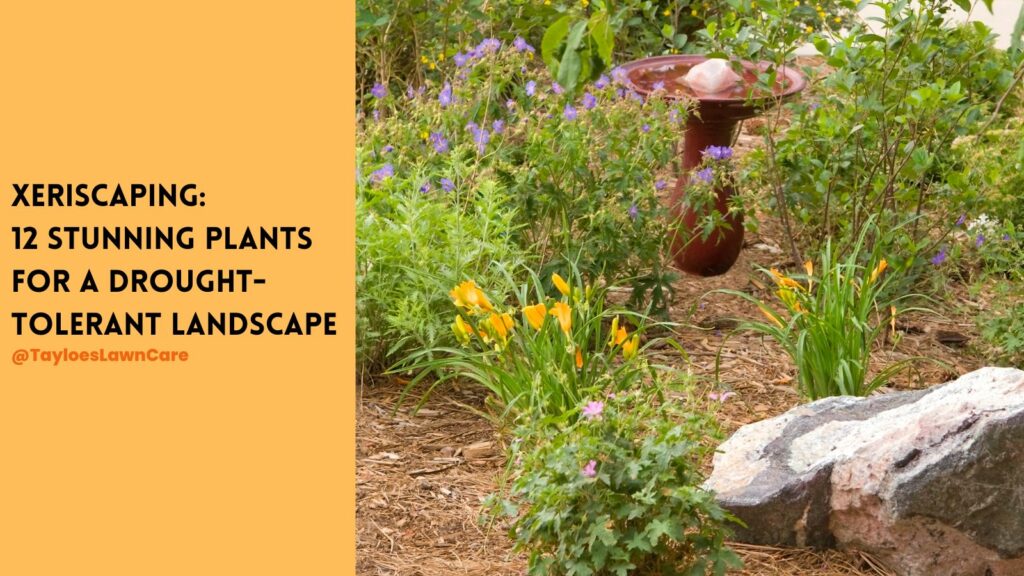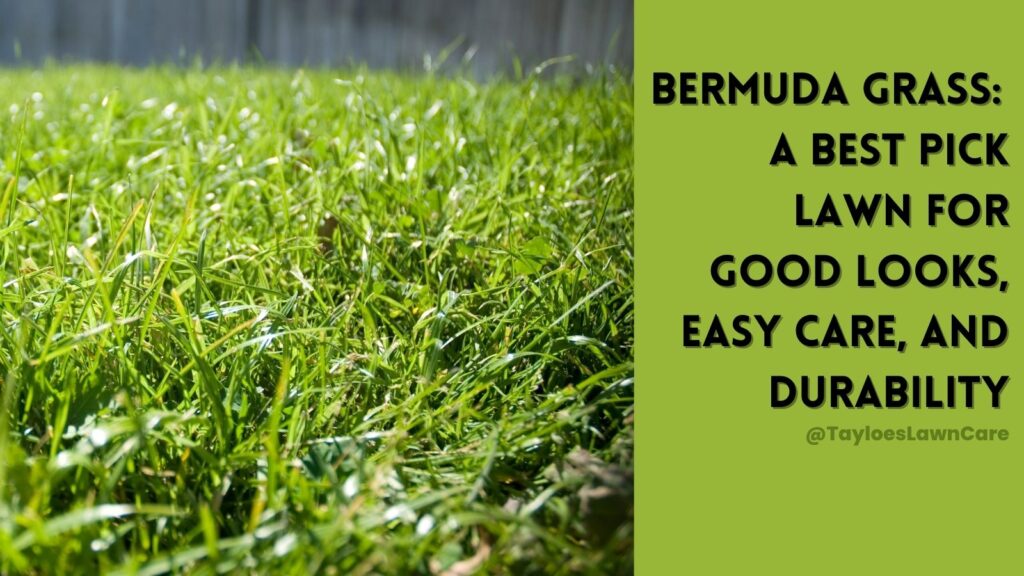Last Updated on: 30th December 2023, 09:42 pm
Behold the towering sunflower!
Sunflowers (scientific name Helianthus annuus) are a delightful gardening favorite, beloved by many gardeners. Known for their towering presence and bright, cheerful faces, sunflowers are more than just a pretty addition to your garden. They’re also a symbol of joy and vitality.
But sunflowers were cultivated in North America even before Europeans arrived.
Indigenous people in North America grew them for their seeds, used for food and oil. The sunflower has since traveled worldwide, symbolizing happiness, adoration, and longevity.
Benefits of Growing Sunflowers
- Detoxify the garden’s soil: They naturally absorb the toxic heavy metal contaminants in your soil. These may include arsenic, zinc, lead, manganese, and copper).
- Improved drought tolerance: Their tall stalks and deep root system help boost your soil’s organic content and water-retaining capacity. To reap this benefit, allow them to die in place at the end of the season.
- Insect control: Sunflower blossoms attract birds, which provides natural insect control. Note that those same birds may also become a nuisance when they start to feast on your sunflower seeds. It’s a double-edged sword.
- Companion planting: Grow cucumbers, sweet corn, watermelons, cantaloupes, and squash alongside sunflowers. However, do not place them near potatoes or beans.
- Attract bees: These insects help pollinate your plants for better health. Sunflowers offer the local bee population a healthy source of pollen and nectar.
- Cut flowers: Enjoy a fabulous bouquet of cut flowers. These tall beauties look gorgeous in a late-summer or early-fall vase.
- Edible seeds: The seeds the flowers will produce are a healthy snack. After you collect them, roast them in the oven for a few minutes and add a sprinkle of sea salt.
Ideal Growing Conditions for the Sunflower
Sunflowers are quintessential sun-lovers. They thrive in areas that receive full sun, with at least 6 to 8 hours of direct sunlight daily. These plants prefer well-draining soil and can tolerate some drought once established.
Soil and Watering
Sunflowers aren’t fussy about soil but grow best in slightly acidic to alkaline soil (pH 6.0 to 7.5). Regular watering during the growing season, especially during dry spells, is crucial for healthy growth.
Growing Zones
Most cultivars thrive in USDA planting zones 4 to 9. Our clients in zones 7b and 8a are covered! Note that you should plant sunflower seeds once the soil is around 60° to 70° F, and they take up to 12 weeks to bloom, depending on the variety.
Sunflower Varieties for Zones 7 and 8
Several cultivars do exceptionally well in North Carolina’s Zones 7 and 8. Here are a few to consider:
- ‘Mammoth’: The classic giant, perfect for a stunning backyard display.
- ‘Autumn Beauty’: Offers a mix of warm colors, ideal for a vibrant garden.
- ‘Sunspot’: A dwarf variety for smaller spaces or containers.
- ‘Lemon Queen’: Known for its pale yellow blooms, adding a soft touch to your garden.
- ‘Russian Giant’: Another tall variety known for its large seed heads.
The colors range from cream to lemon yellow to orange, with varying heights. Check your seed packet to decide which is best for you.
How to Grow Sunflowers from Seeds
Sunflowers do well in almost any soil type – clay, loamy, sandy, or silt. Just ensure that the soil isn’t waterlogged.
Choosing a Spot to Grow Sunflowers
- Choose and prepare your preferred planting site. Remember, sunflowers require long, hot summer days to bloom well, so the location should allow total sun exposure. The flowers require direct sunlight for about 6-8 hours a day.
- Work on the soil to ensure it’s well-dug and loose enough to allow the plants to spread their long taproots.
- Sunflowers rarely need soil nutrient tweaking as they can with any average garden soil. However, you may need to add extra nutrients to the soil if you grow the giant variety. This group of sunflowers requires more nutrients.
- Slightly acidic soil with a pH of 6.0 and 7.5 is good enough. You can do some home soil tests to ascertain the values of your soil.
Planting Your Sunflower Seeds
- Sow your seeds according to the depth on your seed packet – this can range from 1/2 inch to 1 inch deep and 6 inches apart. In the holes or trenches, have only one seed. You may want to increase the planting depth from 1 inch by just a little bit if you work with loose, sandy soil.
- Cover the seeds and water regularly until the seeds sprout. They generally break through in about 7-10 days.
- If you intend to thin, do it when the second set of leaves appears. Thin them close to 2 ft. apart.
- Sow a new row of sunflower seeds every two or three weeks to enjoy continuous blooms until the first frost.
- Sunflowers take around 80-120 days (depending on your preferred variety) to mature and develop seeds fully.
- Staking your sunflowers may be necessary. Although they are very sturdy despite their lanky appearance, these beauties usually stand alone. You may, occasionally, see one drooping to one side – a stake will help give it the support.
When Will They Bloom?
Sunflowers take eight to twelve weeks after you plant them and then show off their beautiful, bold blooms. Depending on your USDA growing zone, this can mean as early as July. In some areas, they continue to flourish until October. They will put on a show in your garden for several weeks with proper care.
The Takeaway: Sunflowers Are a Beneficial and Beautiful Addition to Your Landscape
Sunflowers can give your garden some height and beautiful colors. That’s not to mention the pollinators you will attract, further supporting an overall healthier garden. From birds to night moths to visit your yard.
Need help with lawn or garden maintenance in Bertie or Hertford County? Look no further – Tayloe’s Lawn Care Services is here to help. Call or text us at 252.287.3376 for a free consultation and quote – and be sure to give us a follow on Facebook.
Author Profile

- Maureen Abuor
- Maureen Abuor is a professional content marketing strategist and SEO strategist, with particular knowlege of creating landscaping and gardening content that informs and delights her audience. When she's not working, she's a busy mother of three precious little ones and child of God.
Latest entries
 Lawn CareApril 29, 2025Best shady area grass seed for Eastern NC
Lawn CareApril 29, 2025Best shady area grass seed for Eastern NC GardeningApril 15, 2025How do I make organic soil for the garden?
GardeningApril 15, 2025How do I make organic soil for the garden? Flower GardenMarch 7, 2025What are wave petunias?
Flower GardenMarch 7, 2025What are wave petunias? Flower GardenMarch 3, 202520 Full-sun annuals for your spring and summer garden
Flower GardenMarch 3, 202520 Full-sun annuals for your spring and summer garden








